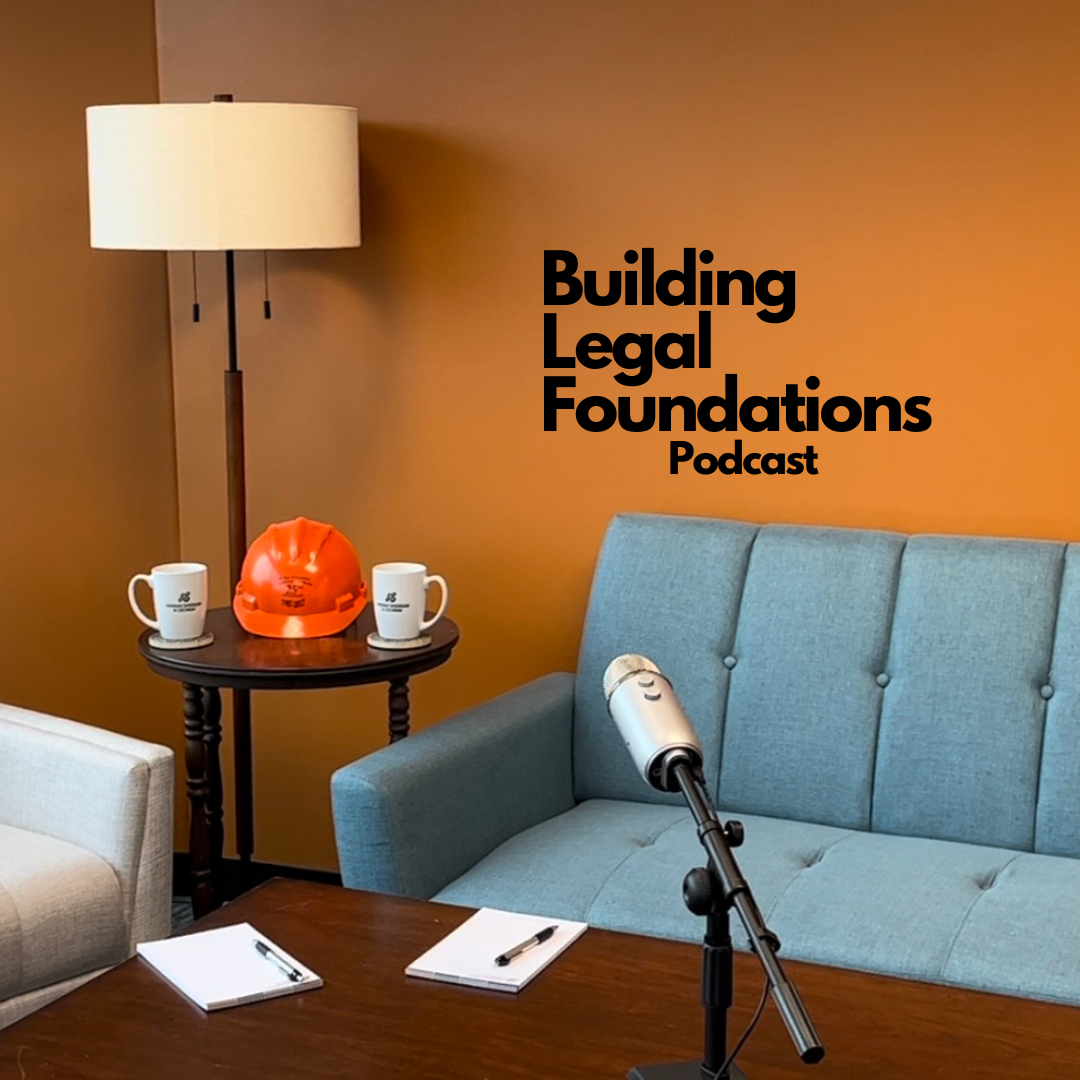Hannah Sheridan & Cochran's own podcast, previously available via Spotify, is now available to listen…
Charging Orders: A Useful Tool to Collect Money Held in an LLC
Sometimes bad things happen to good people. But the reverse is also true. Sometimes dishonest people receive unfair rewards and windfalls. When it comes to the latter situation, North Carolina judgment laws provide a few useful tools: supplemental examinations, execution sales, orders in aid of execution, accounts receivable orders, etc. In response to the debtor who tries to hide assets in a LLC, North Carolina law provides an interesting remedy – the charging order.
When we “win” a lawsuit on behalf of a client, the court often gives us a money judgment (a legal document ordering the payment of money that is owed). The defendant now legally owes the money. If they can pay the judgment, they should. If the debtor cannot pay the judgment, the law provides defendants with a long leash (by way of property exemptions) to continue living their lives. Unfortunately, dishonest defendants often attempt to conceal their assets rather than pay their bills. A common asset concealment tactic is to shield assets inside the structure of a LLC.
If you have a judgment against John Doe and he owns the stock of a corporation, you can move to seize the stock. If you have a judgment against John Doe and he owns a LLC, you cannot seize that LLC ownership interest. Instead, a judgment creditor may pursue a charging order. (See Herring v. Keasler, Court of Appeals 2002). N.C. Gen. Stat. § 57C-5-03 allows the court to “charge the membership interest of the member with payment of the judgment with interest.” In practice, this language means that the court orders the LLC to stop distributing any money to its owner.
In certain situations, the charging order freeze can hamstring a debtor’s finances and force settlement/payment of the underlying debt. If the judgment debtor takes the LLC money anyway (in violation of the charging order), they can be found in contempt of court. I have seen a judgment debtor carried away in handcuffs after violating a charging order. The debtor made a jailhouse call and quickly came up with the money that time.
– Chad J. Cochran


